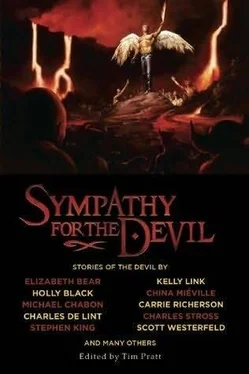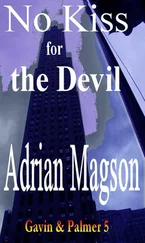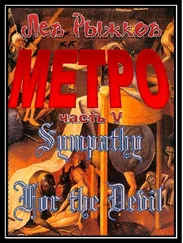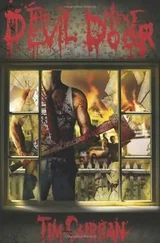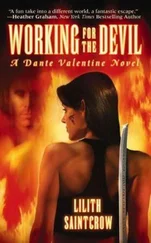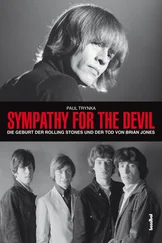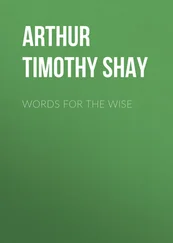Fondling that little key in the back of the car, I realized a secret truth: This moment was why I had come to LA. To raid the refrigerator.
Later, it occurred to me that if I had somehow known that my death was nigh, I would have done pretty much the same thing with my last hours, indulged pretty much the same sensuous pleasures and petty revenge. Perhaps on a grander scale, but with no greater depth of spirit. And I suppose that’s why I was sent to Hell.
That night at the burn, I was woozy.
The six beers were nothing, and those airplane-sized bottles of Matusalem Rum wouldn’t have inebriated a five-year-old. But I was a child of the post-smoking era, and I should have stayed away from the cigarillos. I felt as if some pre-Cambrian 1950s dad had locked me in a closet with a carton of Marlboros to finish off. My mouth was horribly dry, and I craved a drink. Preferably from one of the giant hoses that drooped in the arms of the firefighters that the LAFD had sent to oversee our little inferno.
With the desultory taste of ashtray in my mouth, I didn’t even bother starting the fire myself. I left the honors to a production assistant with a cute smile.
I just mumbled, “Action.”
She threw the large, Dr. Frankenstein-style connection switch, and the gallons of accelerant we’d sprayed throughout the doomed house ignited. A wave of comforting warmth spread from the fire, reaching us through the cool desert air a few seconds after the first flames burst from the bungalow’s windows.
A ragged cheer went up from the crew, rewarded at last for the hot work of prepping through two August days. Six of them held palm-sized digital cameras. Four locked-down cameras shot the house from its cardinal directions, providing x- and y-references for the shaky images from the handhelds.
We didn’t bother with microphones. Real fires don’t sound good on TV. Too crackly, they’re just so much static. We generally insert a low rumble, like a subway going under you, with a white-noise wash on top.
The six camera-jocks dashed in as close as the heat allowed, working to record the warp and woof of the blaze. They tried to catch the dramatic and particular details, a beam splintering in a gusher of sparks, a trapped pocket of air exploding. We wanted to capture this fire’s effulgent specificity, so that the art director back at Falling Man could escape the tried-and-true spreading-flame algorithms that all the other FX houses used. We wanted something unique, almost real.
Like nineteenth-century scientists taking spirit photographs, we were trying to capture the soul of this fire.
The PA whom I’d allowed to start the blaze put her hand on my shoulder. I looked up and was struck by the simple, pyromaniacal joy in her eyes. The woman’s touch was unselfconscious, unsexual, and I saw her twenty-something innocence writ by the dancing red light on her face, and in my jaded, thirty-something way preferred that to the blaze itself. I watched her, until a cracking noise and a sudden intake of breath from the crew brought my eyes back to the fire.
One corner of the house was threatening to collapse.
A gout of flame had sprouted from the base, running like a greedy tongue up the vertex of the two walls. The supporting beam hidden behind this column of fire must have been wet new wood; it was hissing, throwing out steam and sparks explosively. It began to buckle and twist, writhing like a snake held captive in a cylinder of gas and plasma.
“This is the money shot!” I cried, waving all the handhelds around to that side. I was breathing hard, heart pounding and cigarillo hangover suddenly vanquished. I ran a few steps toward the house. Even in those meters the air temperature raised noticeably, the blaze now a heavy and scorching hand pushing against my face. It dried my contact lenses, which gripped cruelly at my eyes like little hemispherical claws.
I felt as if I was waking up from a long dream, like when you realize the exquisite detail of the real world after a prolonged session in VR.
I turned back to the PA, who had followed behind me, and shouted, “This is why we do this.”
She nodded, her pupils as wide as the zeroes on a hundred-dollar bill.
One of the camera-jocks knelt just in front of me, his little camera a whining, frightened bee.
“Give me that thing,” I said.
Nice last words, don’t you think?
I pressed one eye to the viewfinder, clenched the other shut to protect it from the heat, and moved forward. I pushed in close, the heat a strong wind against me now.
Objects in viewfinders are closer than they appear.
Someone shouted a warning, but this was my shoot.
In the limited view of the camera, I didn’t see the whole thing. But I presume the corner beam gave way near its base and fell outward, propelled by the gasses trapped within its green wood, or perhaps by some randomly concurrent explosion inside the house.
It reached out, a hissing, flaming arm, and struck me solidly where I knelt, braced against the outdraft of the blaze. It wasn’t the fire that killed me, just pedestrian kinetic energy. My corpse was hardly burned at all.
The Devil (aka: Beelzebub, Satan, and the Artist Formerly Known as the Prince of Darkness) entertained me in an office rather like my dad’s cubicle when he worked for IBM. There was that same penumbra of stickies framing the fat old cathode-ray-tube monitor, the rhythmic chunking sound of a far-off photocopier, the pre-email proliferation of paper everywhere, and Old Scratch himself was wearing a blue suit, white shirt, and red tie.
But it looked better on him than on my dad.
He nodded a hello. There was no need for introductions; I knew who he was. He’s the Devil, after all. The crafty smile, his seductive grace even on the pre-ergonomic office chair, the unalloyed beauty of his face all made his fallen-angel provenance clear. I had no doubt that this was real.
But the IBM setting seemed a bit odd.
“Is this some kind of ironic punishment thing?” I asked, imagining an eternity of writing Cobol code and wearing a tie. A fitting fate for New Economy Boy.
“Not at all,” Satan replied, waving one elegant hand. “Irony is dead. Your generation killed it. Besides, nothing beats hot flames. We’re in the business of damnation, not poetic justice.”
His limpid eyes drifted across the jokey coffee mug, the dusty and fingerprinted glass of the CRT, the thrice-faxed office-humor cartoon thumbtacked to the cubicle wall, taking them all in with a kind of vast sadness. He was awfully pretty, just like they say.
He looked at me and sighed.
“My point with this apparition is to impress upon you my weakness.”
I looked at him in horror. “For bad office design?”
“Not that,” said the Devil. “Although I must say, the cubicle has crushed more souls than I lately.” He regarded the screen saver on the terminal: the words DO NOT TOUCH ANYTHING ON THIS DESK rolled by in quiet desperation. He shuddered, then turned toward me.
“To be frank, we need your help.”
“My help?”
“With an FX issue.”
I narrowed my eyes.
“You see,” the Devil continued, “over the last few decades, we down here in Hell have begun to realize that we have a little trouble with our… look and feel.”
“I don’t follow you.”
He smiled, perhaps at my choice of words.
Then he shrugged. “I think it’s these video games, although some of my minions say it’s CGI graphics. But whatever is to blame, recent studies have found that the average American male spends fourteen hours per week in some sort of interactive infernal environment. And we just can’t compete with the graphics in first-person shooters these days. Many of the souls coming down here lately find the underworld rather… cheesy, I’m afraid.”
Читать дальше
